311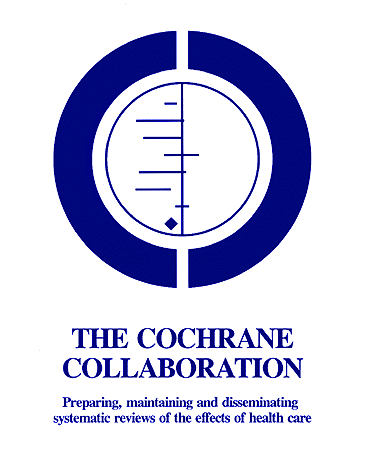
Dec 18, 2019
Bosnjak
Kuharic D, Kekin I, Hew J, et al. Cochrane Database Syst Rev. 2019 Nov
1;2019(11). doi: 10.1002/14651858.CD012236.pub2. (Systematic review)
Despite calls
for earlier intervention to prevent the transition to full-blown psychosis,
only omega-3 fatty acids show some promise for achieving this goal.
https://www.evidencealerts.com/Articles/AlertedArticle/89240
312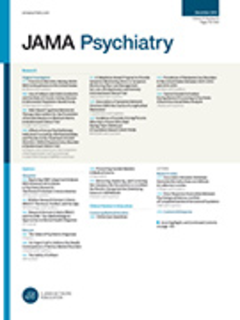
Dec 18, 2019
Wood JJ,
Kendall PC, Wood KS, et al. JAMA Psychiatry. Published online November 22,
2019. doi:https://doi.org/10.1001/jamapsychiatry.2019.4160
All forms of
cognitive behaviour (CBT) are not equal. Although it has long been thought that
children with autism spectrum disorder (ASD) are less likely to benefit from
CBT for anxiety due to their more concrete thinking patterns, this study demonstrates
that anxiety-focused CBT that has been specifically adapted for children is
more effective than st...
313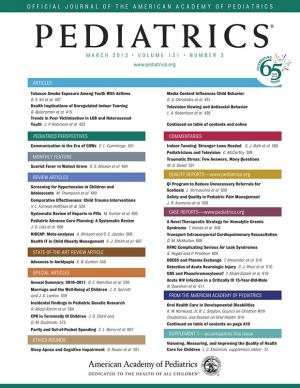
Dec 18, 2019
Wolraich ML,
Hagan JF Jr, Allan C, et al. Pediatrics. 2019 Oct;144(4). pii: peds.2019-2528.
doi: 10.1542/peds.2019-2528. (Evidence-based guideline)
From the
American Academy of Pediatrics comes an updated guidance for ADHD
treatment. This update includes DSM
5-related changes to diagnosis.
https://www.evidencealerts.com/Articles/AlertedArticle/89141
314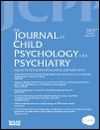
Dec 18, 2019
Chua, J.Y.X.,
Tam, W. and Shorey, S. (2019). J Child Psychol Psychiatr.
doi:10.1111/jcpp.13164
Are eating
disorders preventable? This review of 22
school-based studies suggest that universal interventions are effective in improving
children’s body esteem, self‐esteem, and internalization of
appearance ideals at post-intervention and at follow‐up time points. Girls appeared to benefit more than boys.
Multi-sessional interventions with an optimal duration of approximately one
month ...
315
Dec 18, 2019
Valiengo
LDCL, Goerigk S, Gordon PC, et al. JAMA Psychiatry. 2019 Oct 16. pii: 2752388.
doi: 10.1001/jamapsychiatry.2019.3199.
Although this
is an adult study, it may signal the availability of a new treatment option to
older adolescents with schizophrenia who are experiencing treatment-resistant
negative symptoms.
https://www.evidencealerts.com/Articles/AlertedArticle/88863
316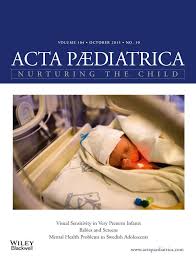
Dec 18, 2019
Uddin, R,
Burton, NW, Maple, M, Khan, SR, Tremblay, MS, Khan, A. Acta Paediatr. 2019; 00:
1– 8. https://doi.org/10.1111/apa.15079
This paper
from the extremely large global school-based health survey demonstrates the importance
of physical activity for reducing suicidal ideation, planning and
attmepts. Effects were more prominent in
males than females.
https://onlinelibrary.wiley.com/doi/abs/10.1111/apa.15079
317
Dec 18, 2019
Beynon C. The Lancet. Volume
394, Supplement 2, November 2019, Page S25. https://doi.org/10.1016/S0140-6736(19)32822-3Get
rights and content
This qualitative study from
Wales examined factors that mattered to students and staff regarding ways to
improve mental wellbeing at school. The
most frequently raised themes were fostering good working relationships with
clear respect between pupils and staff; having a strong and effective pupil
voice; prioritising staff wellbeing; monitoring the ...
318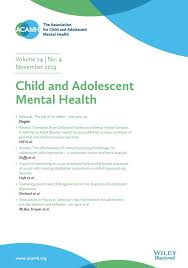
Dec 18, 2019
McBee‐Strayer, S.M., Thomas, G.V., Bruns, E.M., Heck, K.M.,
Alexy, E.R. and Bridge, J.A. (2019). Child Adolesc Ment Health, 24: 345-349.
doi:10.1111/camh.12340
This pilot
study of a cognitive‐behavioral, family‐centered treatment named ‘Intensive Crisis Intervention’
(ICI) demonstrated promise by reducing levels of suicidal ideation and being
acceptable to participants. A more
formal RCT is awaited to confirm its findings.
https://onlinelibrary.wiley.com/doi/10.1111/camh.1...
319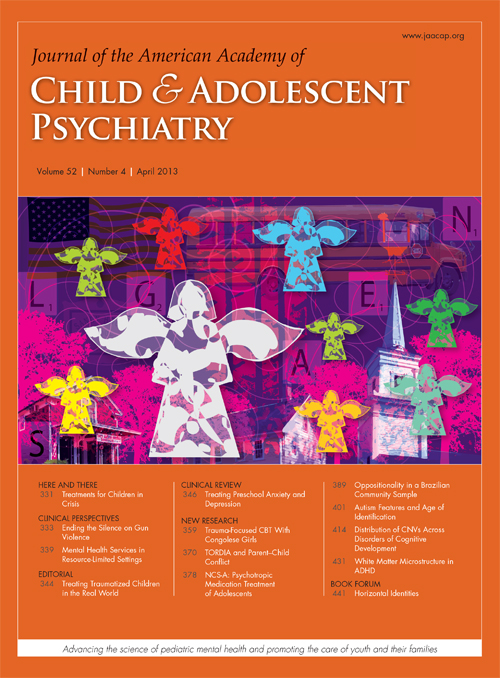
Dec 18, 2019
Blackmore, Rebecca et al. Journal
of the American Academy of Child & Adolescent Psychiatry, December 2019
This review included eight
studies and almost 8000 children. The
authors found that adolescent refugees and asylum seekers are at increased risk
of PTSD, anxiety and depression, but not of ADHD and behaviour disorders.https://www.jaacap.org/article/S0890-8567(19)32175-6/fulltext?dgcid=raven_jbs_aip_email
320
Dec 18, 2019
Cuijlits, I,
van de Wetering, AP, Endendijk, JJ, van Baar, AL, Potharst, ES, Pop, VJM.
Infant Ment
Health J. 2019; 40: 768– 785. https://doi.org/10.1002/imhj.21811
Post-natal
bonding during this study was most influenced by pre-natal bonding, which in
turn was more likely to occur if mothers-to-be were less educated, less
depressed, mor engaged with foetal movements and better supported by their
partners.
https://onlinelibrary.wiley.com/doi/abs/10.1002/imhj.21811?campaign=woletoc










